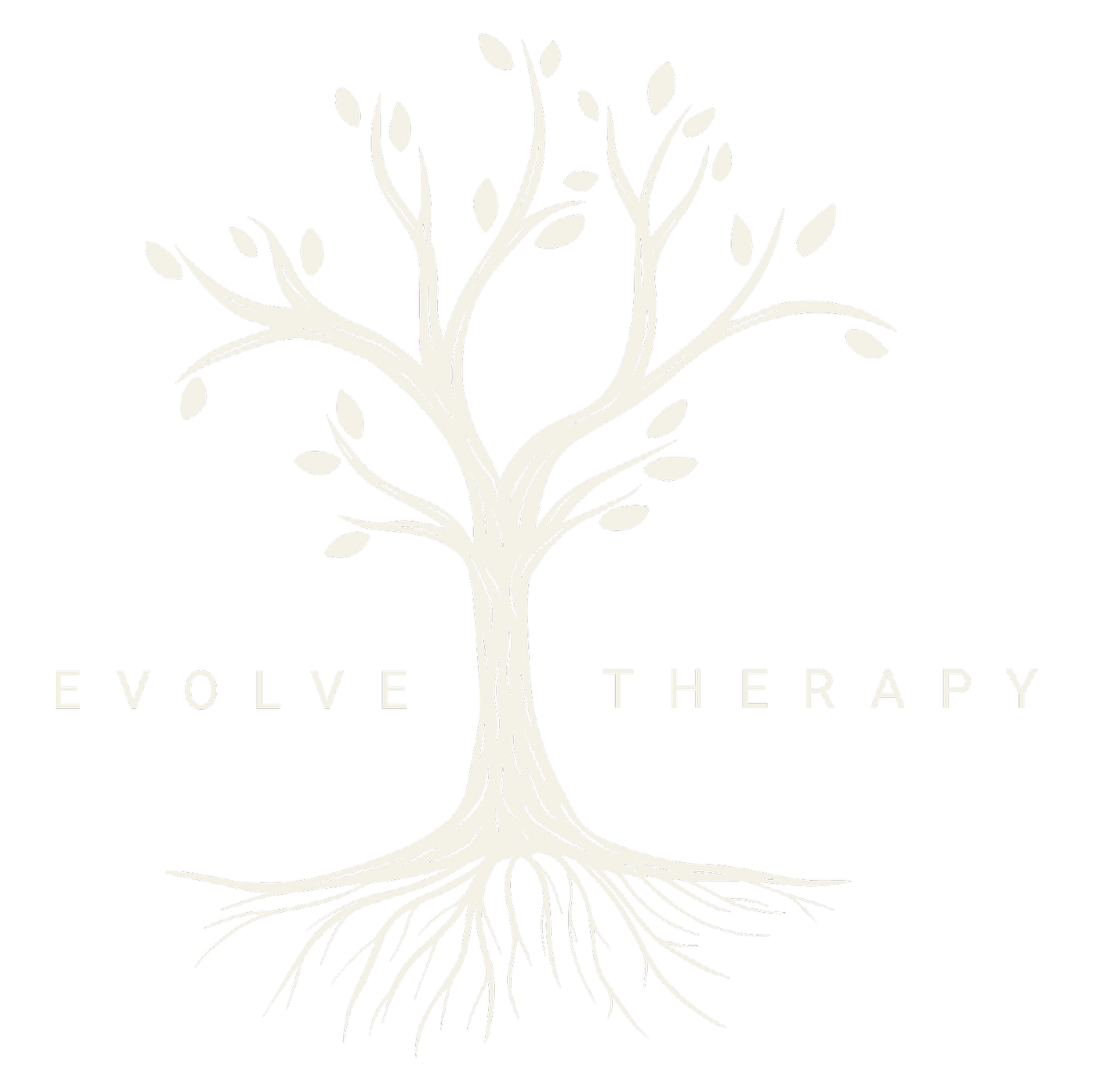Why Therapy Intensives Are Ideal for People with Limited Time
TL;DR
Short on time but need real support? Therapy intensives for busy people condense months of work into focused half-day or full-day sessions — ideal when weekly therapy isn’t realistic. This limited-time therapy model is structured, deep, and practical, delivering fast-track mental health support without adding another standing appointment. Available in Phoenix and Scottsdale, AZ, with virtual options for Arizona and Connecticut residents.
Therapy Intensives for Quicker Results
If your calendar is always full, you’re not alone. Many people want help but can’t commit to the same hour every week. That doesn’t mean you have to wait to feel better. Therapy intensives are a time-efficient solution that respects packed schedules, provides depth, and moves the needle faster—especially for trauma, anxiety, chronic stress, or life transitions. In this post, you’ll learn what makes intensives effective, who benefits most, and how they work at Evolve Therapy in Phoenix, AZ.
Why Traditional Weekly Therapy Isn’t Always Possible
For many clients, weekly therapy is a meaningful path. But it isn’t always feasible.
Unpredictable work hours, travel, or caregiving make rescheduling constant
The “slow burn” pace can feel frustrating when you need clarity now
Big moments—new job, relocation, adding a baby—call for concentrated support
Decision fatigue and calendar overload prevent consistent attendance
What Therapy Intensives Offer Instead
Therapy intensives condense the work into longer sessions—typically 3 to 6 hours—so we can stay in the flow without the usual stop-start of weekly therapy. Think of it as a fast-track mental health option that keeps depth and safety at the center.
Core benefits:
Faster progress: Extended time reduces warm-up/close-down and maintains momentum
Personalized focus: We build a targeted plan for your goals and priorities
Nervous-system aware: We use pacing that supports safety, regulation, and integration
Practical integration: You’ll leave with tools, scripts, and routines you can use immediately
Schedule respect: One or a few focused days instead of months of appointments
A note on approach
I draw on trauma-informed methods like Deep Brain Reorienting (DBR), parts-informed work, and somatic regulation skills. Together, we map patterns, process what’s ready, and strengthen stabilization tools so the change you feel in session translates to daily life.
Why Busy People Benefit Most
Therapy intensives are especially helpful for:
Professionals balancing high-pressure roles and limited availability
Parents who need meaningful progress without weekly logistics
Individuals in transition—new role, relocation, postpartum preparation
People seeking relief sooner from trauma, anxiety, or stress patterns
Why Busy People Benefit Most
Therapy intensives are especially helpful for:
Professionals balancing high-pressure roles and limited availability
Parents who need meaningful progress without weekly logistics
Individuals in transition—new role, relocation, postpartum preparation
People seeking relief sooner from trauma, anxiety, or stress patterns
A quick client (anonymized) vignette
Many of my clients with high-demand careers find it difficult to keep a regular therapy schedule. One professional, constantly traveling for work, opted for a therapy intensive instead of weekly sessions. In just a couple of half-day intensives, we were able to map nervous-system cues, process key stressors, and build a personalized regulation plan. The focused time meant quicker progress—things like improved sleep, fewer anxious spirals, and clearer boundaries showed up right away.
Over time, this client chose to return for additional intensives. In those sessions, we explored different areas—navigating relationship patterns, managing parenting stress, and clarifying career goals. Each intensive created space for deeper work and left her with practical tools she could carry forward, without the burden of fitting weekly therapy into an already full calendar.
How an Intensive Works at Evolve Therapy
Here’s a simple overview so you know what to expect.
15- minute consultation: We clarify fit, focus, and logistics
Intake & prep: Brief forms and a therapy intensive workbook
Personalized plan: Agenda and pacing for your needs
The intensive (3–6 hours): Grounding → focused work → integration and closure
Post-session support: A short integration guide and practices to use
Optional follow-up: A brief session to reinforce changes and adjust tools
*Insurance note: Some PPO plans may reimburse a portion; I can provide a superbill to submit.
What We Might Work On
Trauma processing and stabilization
Anxiety and rumination patterns
Burnout, perfectionism, and people-pleasing loops
Relationship communication, boundaries, and conflict cycles
Nervous system education and regulation routines
Takeaways
Weekly therapy isn’t always realistic—and that’s okay
Therapy intensives for busy people provide depth in fewer, longer sessions
The format respects your schedule while supporting faster, focused progress
Built-in integration helps changes stick in real life
FAQ: Therapy Intensives for Busy People
What is a therapy intensive?
A structured 3–6 hour session (or series) that condenses months of progress into focused, uninterrupted work with a clear agenda and integration plan.
Are intensives as effective as weekly therapy?
For many clients, yes—especially when time is limited. Longer blocks reduce the start-stop of weekly work and allow for deeper processing at a sustainable pace.
Do intensives work for trauma?
They can be excellent when clinically appropriate. We prioritize safety, stabilization, and integration, utilizing approaches such as DBR and somatic skills to support your system.
Is this only in-person?
I offer in-person intensives in Phoenix/Scottsdale and virtual intensives for clients located in Arizona or Connecticut, when clinically appropriate.
How do I prepare?
We’ll identify goals in advance and outline simple pre-work (sleep, hydration, movement, journaling prompts) so you arrive supported and ready.
Will I need follow-up sessions?
Many people benefit from a brief follow-up to reinforce changes. We decide together based on your goals, capacity, and progress.
What about cost?
Intensives are a premium, high-impact service. You’ll receive transparent fees in your consult and a Good Faith Estimate. Some clients use HSA/FSA; some receive out-of-network reimbursement via superbill. You can also review the fees for therapy intensives on this page.
Looking for a therapist in Phoenix who specializes in therapy intensives?
You don’t have to stay stuck in the same patterns or spend years in weekly sessions to feel relief. With focused therapy intensives in Phoenix and Arizona, you can maintain your current schedule, gain a fresh perspective, and make lasting progress in just a few days.
(Arizona and Connecticut residents only)
About the Author
Beth Freese, LPC, is a trauma and anxiety therapist and chronic pain expert specializing in EMDR and Deep Brain Reorienting (DBR). She offers virtual therapy and in-person intensives in Arizona and Connecticut, helping clients move beyond overwhelm and reconnect with themselves.




